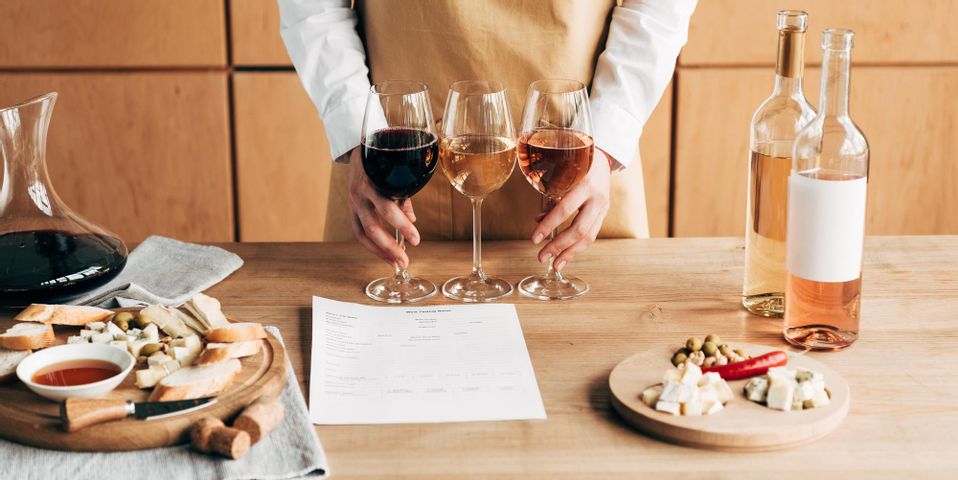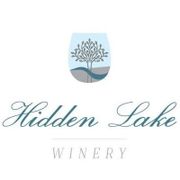
There are thousands of kinds of wine to enjoy. Before you start sampling, it’s helpful to understand the differences between white and red varieties so you can choose the types that will suit your taste buds. Here are four key discrepancies between the two.
4 Differences Between Red & White Wine
1. Process
People often think that reds come from red grapes, and whites come from white grapes. However, many types of grapes create white juice. Some wineries even use purple or black grapes to produce white wine.
Colors come into play when whole purple grapes are macerated and ferment with the skin on. This element adds the red hue, with darker colors resulting from longer fermentation times. Pinot noir is aged shorter than cabernet sauvignon, as is indicated by pinot’s bright flavor and lighter coloring.
2. Taste & Pairings
 People who enjoy bold, complex flavors often like red wine. Since these drinks have fermented longer, they have more intense flavors and work well with richer foods like cheese, beef, and chocolate. Whites are fruitier and have a less-bold flavor, often pairing nicely with fish or chicken.
People who enjoy bold, complex flavors often like red wine. Since these drinks have fermented longer, they have more intense flavors and work well with richer foods like cheese, beef, and chocolate. Whites are fruitier and have a less-bold flavor, often pairing nicely with fish or chicken.
3. Tannins
Tannin is a polyphenol or macromolecule found in plants. If you’ve ever tried a wine variety that left a unique texture in your mouth, you likely had one with a lot of tannins. Reds often feature tannins because they have been fermented with intact grape skins that are rich in the substance. Whites don’t follow the same process, so they have fewer tannins, but some varieties may create an interesting mouthfeel if they have aged in a wooden barrel.
4. Health Benefits
Red wines offer more health benefits than whites because they are processed with grape seeds and skins, which feature more nutrients. Grape skins provide flavanols that may improve cardiovascular health. The seeds provide additional flavonols like quercetin, plus carotenoids that can protect the eyes and lower the risk of cancer.
To taste locally produced white and red wines, visit Hidden Lake Winery in Clinton County, IL. The Silent Forest winery uses locally grown fruits to create a wide range of award-winning beverages. Call the Aviston-area company at (618) 228-9111 or visit the website for information on their event venue, craft beers, and delicious restaurant menu.
About the Business
Have a question? Ask the experts!
Send your question

